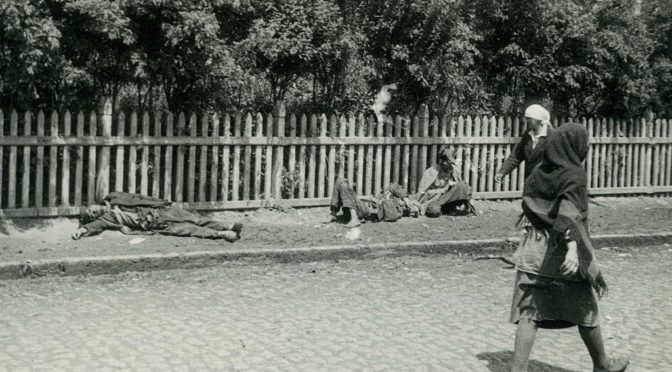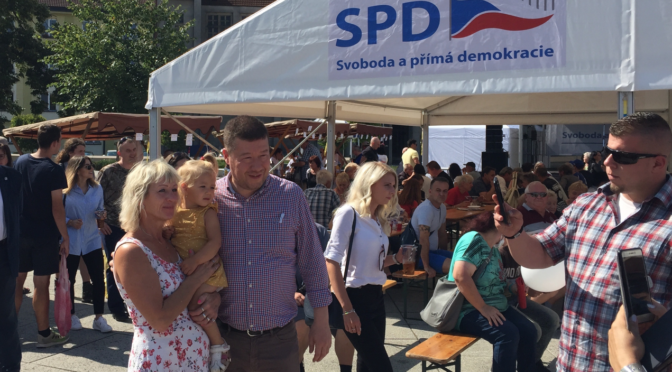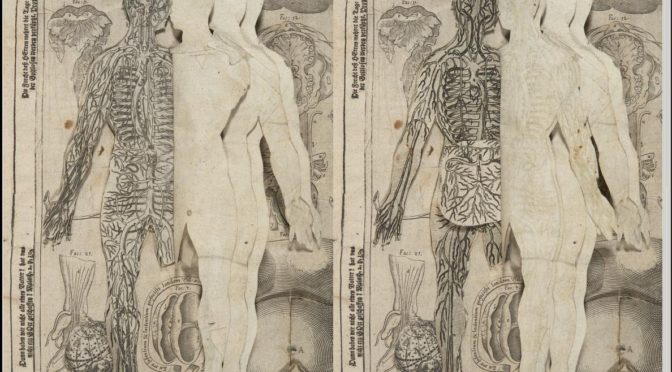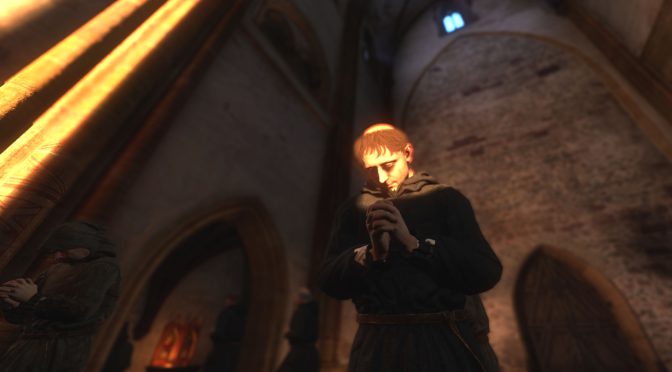The second session of the seminar “Nature(s) & Norms” (NANO), carried out within the framework of the research program SAMSON (Sciences, Arts, Medicine and Social Norms), developed by Sorbonne University (Paris), the Faculty of Arts of the Charles University (Prague), Warsaw University and CEFRES welcomes three participants, Marta Kolářová, Weronika Parfianowicz and Matěj Spurný around a common topic:
Location: CEFRES Library and online
Dates: Friday 25 November 2022, 16:30–18:30
Language: English
Contact: cefres[@]cefres.cz
Moderated by Petr GIBAS, CEFRES-Institute of Sociology, Czech Academy of Science
Marta KOLÁŘOVÁ, Institute of Sociology, Czech Academy of Science, Prague
Gender and eco-domesticity: Czech sustainable values, norms and practices in 2010s
The turn to sustainability is related to new norms: changing consumption patterns, decreasing ecological and carbon footprint, and limiting overconsumption. How the sustainable norms relate to gender? This presentation focuses on gendered discourses and practices of Czech „eco-domesticity“ that includes sustainable consumption, green prosumption, and alternative childcare. It shows how the values of sustainability and self-reliance are practiced by women and men in everyday life. The research is based on a qualitative sociological examination using in-depth interviews, participant observation and media analyses.
Weronika PARFIANOWICZ, Institute of Polish Culture, University of Warsaw
“To develop a new form of frugality”. Norms of consumption and environmental awareness in socialist Poland
The 70s in socialist states of Central and Eastern Europe were marked, among others, by the development of the consumer goods sector and emerging consumerist culture. It raised various concerns on how to reconcile this new lifestyle, its values and practices with the ideals of socialist humanism. The traditional critique of commodity fetishism was supplemented with another important dimension: the awareness of the environmental costs of the contemporary economic development model. In my presentation, I’ll focus on the works of Polish intellectuals and academics who attempted to address the problem of over-consumption and ecological crisis within the frames of socialist ideology. The discussions that took place among Polish sociologists, historians and natural scientists in the 70s reveal some important questions and theoretical approaches relevant to contemporary ecological and climate crises.
Matěj SPURNÝ, Institute of Economic and Social History, Faculty of Arts, Charles University, Prague
A quiet revolution in a period of timelessness. The transformations of the relation toward the environment in Czechoslovakia 1968–1989
The essential role played by ecologists and ecological criticism in the final phase of delegitimization of communist dictatorship in Czechoslovakia, is usually attributed to the degree of devastation of the natural environment resulting from lignite mining and air pollution caused by North Bohemian power plants. My approach is different. I understand the ecological criticism of the second half of the 1980s as the result of a fundamental societal change which occurred paradoxically in the era that Václav Havel once called “timelessness”. Beneath the surface of apparent immobility represented by rigid normalization political culture, a process similar to that taking place in Western Europe or the USA in the late 1960s also occurred in Czechoslovakia. From the point of view of social history, we can describe this process as a crisis of organized modernity (and, according to Ulrich Beck, the transition to reflexive modernity). Instead of focusing on theoretical reflection I’ll try to show the re-evaluation of key paradigms (such as modernization or progress) on the example of changes in the relationship to nature, the cultural landscape, but also to the urban environment, in which accents gradually move from modernization to heritage care. My presentation will be based on the long-term research devoted to the North Bohemian city of Most, but also on other sub-researches devoted to ecological and conservation epistemic communities, or the influence of the media discourse on the transformation of discourses about these key topics of human existence in the world.
More on the whole seminar here.






